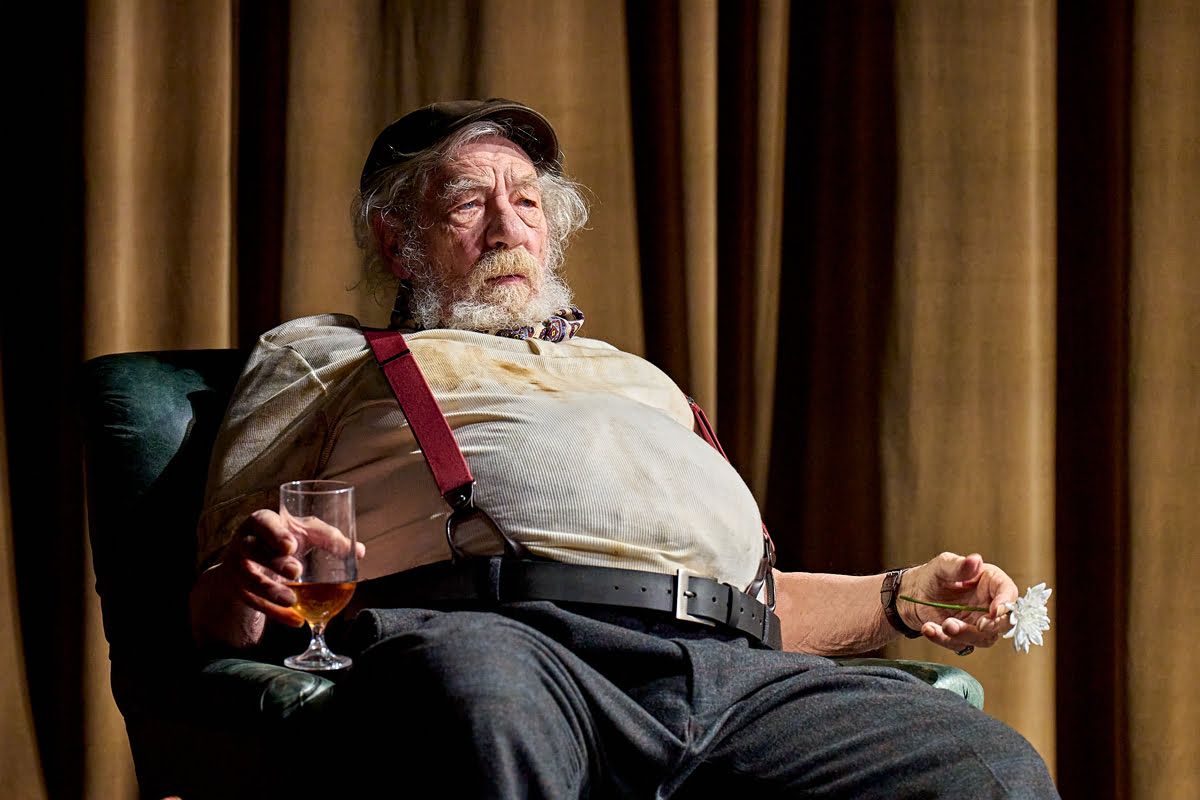These Are the 6 Best Cannabis References in Rock History
It’s well known that cannabis has helped to inspire many of history’s greatest musicians – and in turn, those people went on to use their favorite plant as the main topic of some of the best-known songs of the rock era. Who could forget classic tracks like “Legalize It” by Peter Tosh or “Purple Haze” by Jimi Hendrix? Those are just two of the literally hundreds of weed-inspired songs that have gone on to become chart smashes and staples on rock radio – and in this article, we’re going to list a few others that you may or may not remember.
It might surprise you to learn that many of the best cannabis references in rock history are in songs that you might not think of as being about weed at all. Oblique references to marijuana were particularly common in the songs of the ‘60s and ‘70s as the artists who recorded those songs didn’t want to risk the possibility of radio stations refusing to play their work.
The next time you want to curl up with a joint or some tasty edibles, add a few of these tracks to the evening’s playlist. These are the best references to cannabis in rock history.
“Rainy Day Women #12 and 35,” Bob Dylan
Key Lyric: “But I would not feel so alone; everybody must get stoned.”
The raucous opener to Bob Dylan’s classic work Blonde on Blonde planted itself permanently in the minds of rock fans everywhere upon the album’s release in 1966 – and the reference to cannabis seems so obvious that people must have felt positively shocked at the time. Shortly after the album’s release, though, Dylan shot the critics and commentators down by saying that he “[had] never and never [would] write a drug song.”
Despite his protest, though – not to mention Dylan’s much-publicized love of ganja and obvious enjoyment of trolling the press – it seems quite obvious that “Rainy Day Women #12 and 35” is a weed song in every sense of the phrase. After all, what do you get when you multiply 35 and 12?
“A Passage to Bangkok,” Rush
Key Lyric: “Wreathed in smoke in Lebanon, we burn the midnight oil; the fragrance of Afghanistan rewards a long day’s toil.”
What do you get when you mix a plodding 4/4 riff reminiscent of Led Zeppelin’s “Kashmir” and Neil Peart’s trademark bookish lyrics with an obvious love of weed? You get a stone-cold – or maybe stoned cold? – rock classic that remained a centerpiece of Rush’s concert setlists for the entirety of the band’s career. Even if you’re not a Rush fan, there’s something about the romantic notion of sampling the yields of the world’s growers while traveling by train that’s simply undeniable.
“La Vie Bohème,” Jonathan Larson
Key Lyric: “To marijuana!”
Although some would say that the musical Rent has begun to sound a bit dated in the 21st century, it’s an indelible cultural touchstone for Generation Y and includes the purest and most overt ode to weed that you’ll ever find in popular music.
Lyrically, “La Vie Bohème” is essentially a rewrite of Billy Joel’s “We Didn’t Start the Fire” for post-Baby Boomers, and it references just about everything that meant anything to a young member of the counterculture in the 1990s. Even composer Jonathan Larson’s personal hero Stephen Sondheim makes an appearance.
Jonathan Larson died suddenly the day before the off-Broadway premiere of Rent. He wasn’t able to enjoy the show’s success and didn’t see its tremendous influence on future Broadway works. When you listen to the unrestrained giddiness of “La Vie Bohème,” though, it seems clear that Larson was a man who knew how to enjoy the time he had.
“Girl,” The Beatles
Key Lyric: [The Fab Four toke in unison]
Aside from the flawless melody, the thing everyone remembers about the Beatles’ famous Rubber Soul track “Girl” is the subversive “tit tit tit” in the backing vocals during the song’s middle eight. It seems quite clear that the sharp multi-tracked inhalation at the beginning of each chorus, though, is meant to sound like a deep toke. Paul McCartney later played the inhalation off as an artifact resulting from the addition of a compressor to the signal chain when the lead vocal was dubbed in. More likely, though, it was just another of the Beatles’ many semi-hidden drug references.
Misty Mountain Hop, Led Zeppelin
Key Lyric: “Crowds of people sitting on the grass with flowers in their hair said, ‘Hey boy, do you want to score?’”
Robert Plant isn’t exactly known for writing the world’s most understandable lyrics. Reportedly, though, Plant was inspired to write “Misty Mountain Hop” after hearing about a mass of arrests that took place during a rally supporting the legalization of cannabis at Hyde Park in 1968. The song’s three-note riff is emblematic of Led Zeppelin at its absolute finest – and we bet that you were so busy admiring Robert Plant’s screaming vocals that you completely missed the weed reference.
“Is That Enough,” Marvin Gaye
Key Lyric: “This is a joke – I need a smoke.”
Throughout most of his career, Marvin Gaye was best known for his feel-good duets with Tammi Terrell and his socially conscious works such as What’s Going On. When he released the double-LP Here, My Dear in 1978, the lengthy and meandering divorce album initially fell flat with listeners and seemed designed for the cut-out bin. Gaye had agreed to give ex-wife Anna Gordy Gaye half of the album’s royalties as part of the couple’s divorce settlement, and the album’s unflinching exploration of the relationship’s end wasn’t exactly what people were hoping for from the “Let’s Get It On” singer.
In the years since the release of Here, My Dear, though, critics and listeners have reevaluated the album’s merits and have come to view it as an important autobiographical work that’s surprisingly adventurous for an album recorded under duress. In “Is That Enough,” Gaye laments the perceived injustice of being forced to pay the legal fees for the woman who sued him for divorce. Eventually, he runs out of words and walks away from the microphone to light up while leaving the backing band to play through the song’s extended coda.




